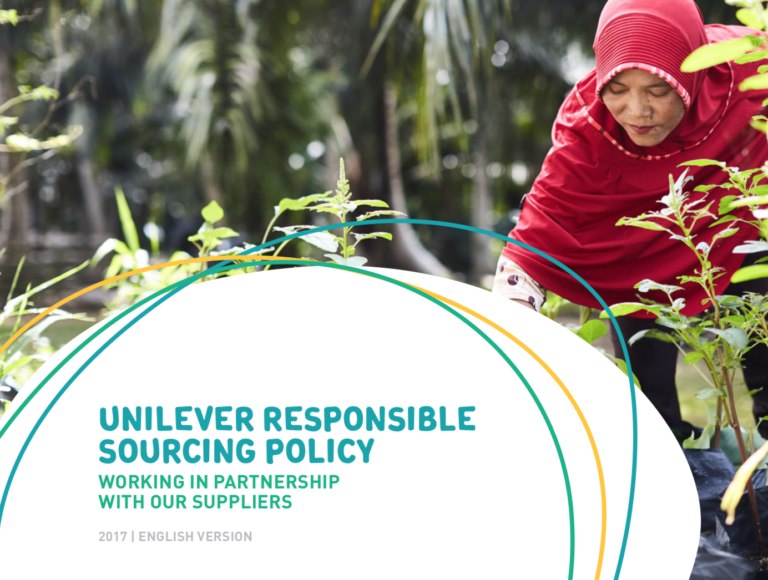Appropriations Briefing Book
GuidanceGood PracticesThis briefing book provides concrete recommendations from the Alliance to End Slavery and Trafficking (ATEST) that articulate how Congress can provide resources that are critical to ensure that the U.S. government is taking a comprehensive, victim-c...Read More

